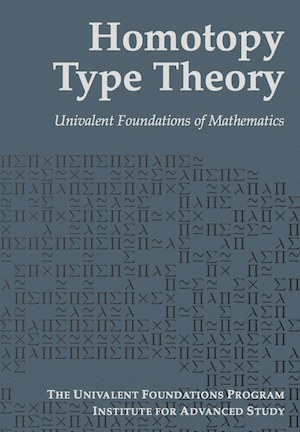I’d like to thank the incredible outpouring of support and emails that I have received. If I have not yet responded to your email, have patience, and please keep writing me. If you are a dean or tenured professor, thank you so much for reaching out. Let’s keep this conversation going. We owe it not just to ourselves or to academia, but most of all, to those whom we educate. As of posting on Monday at 1:30, my blog has received over 160,000 hits. I am also now in the top 0.01% of the most searched for people on academia.edu. This is bigger than any of us know. This is no longer about the suspected misappropriation of my work, nor even about the depressing reality that legal action was brought against Dr. Mao by another graduate student a year prior to my own. This is now about how and why this was allowed to happen, and about the mob mentality of those in academia who refuse to acknowledge the writing on the wall.
I’m so glad to see that there are others paying attention to this issue. I hope the issue keeps moving forward.

